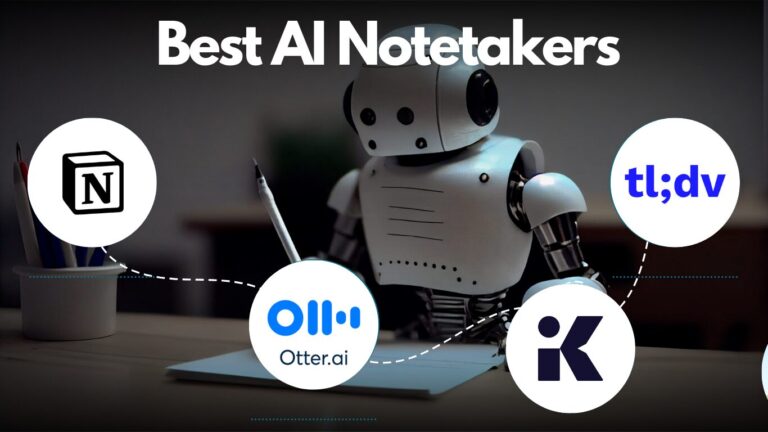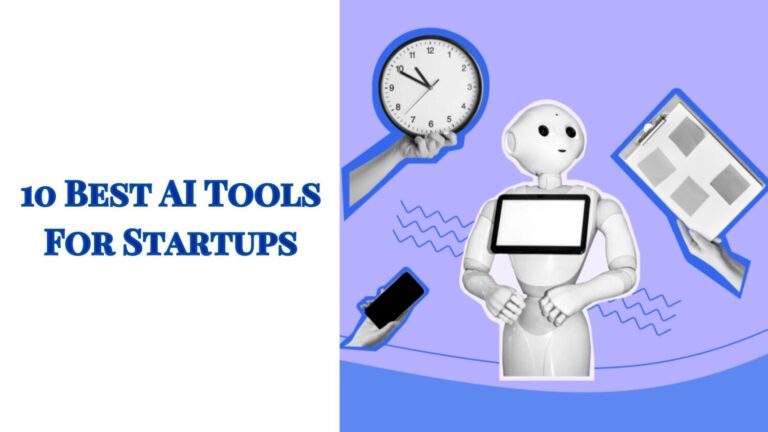An API, or Application Programming Interface, serves as a bridge between two separate computer platforms or systems, allowing them to communicate with each other and leverage combined capabilities. In the artificial intelligence space, this means a bridge between an AI platform that offers a range of machine learning models and capabilities and the software system the developer is building. For example, an AI API allows a web application to tap into advanced natural language processing models for summarization, translation, image generation, etc. AI APIs are the gateway for developers to unleash intelligent functionality within their own programs and services. By connecting with the most robust and accurate AI systems through these AI APIs, developers can build smart features and automation into their products with incredible speed. As AI continues to rise in importance and prevalence across industries and applications, accessing field-leading AI through well-constructed APIs is crucial. In this article, we dive into the top platforms offering the best AI and machine learning API services to enhance your development stack with cutting-edge intelligent functions.
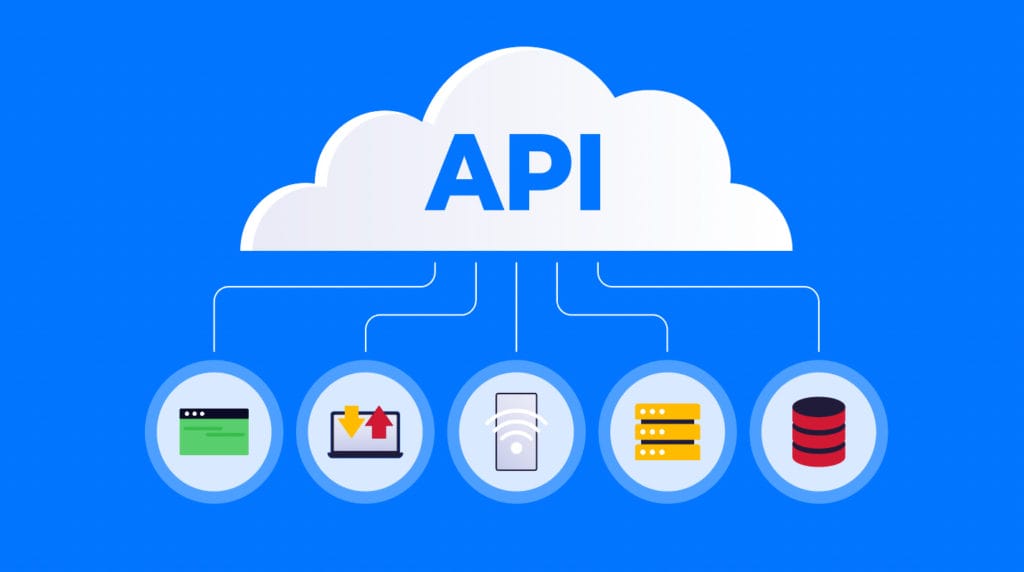
Table of Contents
Top 11 Best AI APIs
1. Google

Google is the first name that comes to everyone’s mind whenever we talk about AI. The PhD project of two friends is now controlling the internet. Elon Musk once said,” Google is like a mountain; you can climb it, but you can’t move it.” Google has heavily invested in AI and always surprises the world with its AI products, such as Bard, Autopilot cars, and its latest model, Gemini, which they claim is the world’s most AI model. Google’s renowned AI projects showcase its expertise, positioning it at the forefront of the field. Notably, the Text Analysis API by Google stands out for its robust features, including syntax analysis, entity analysis, sentiment analysis, and multilingual capabilities. Furthermore, Google offers a dedicated Prediction service for generating predictions on new data and a comprehensive AI Platform to streamline the entire data science and machine learning process. This fully managed service aims to simplify the operational aspects of ML and data manipulation. Google’s AI Platform emerges as a valuable solution for those navigating non-trivial ML setups and seeking efficiency. While it’s challenging to encapsulate every Google AI/ML service here, enthusiasts can explore the official documentation for a deeper dive into the array of groundbreaking offerings.
Also Read: The AI Buzz – An AI Newsletter for the Latest Updates in AI News
2. Microsoft

Microsoft is one of those companies that revolutionize technology at a large scale, impacting the lives of millions. Despite being considered a champion of PC products, Microsoft has strategically changed its niche, particularly through its Azure Cognitive Services. This full-fledged AI offering provides a comprehensive toolkit for building intelligent and powerful applications. The Language APIs focus on Natural Language Processing, offering capabilities like conversational QnA making, sentiment analysis, translation, and more. The Speech APIs enable applications to work seamlessly with human speech, covering speech-to-text conversion, text-to-speech conversion, speech translation, and speech recognition. The Vision APIs delve into computer vision, encompassing image and video analysis, object recognition, face detection, and video indexing. Additionally, the Decision APIs contribute to better decision-making processes with features like anomaly detection, content moderation, and personalization services. Microsoft’s clear vision and focus on integrated solutions make Azure Cognitive Services a compelling choice for those running Windows-based operations, whether on-premise or in the cloud.
Also, read- Claude AI – Better than GPT-4?
3. AIML API

AI/ML API is a cutting-edge platform that enables developers to access a wide variety of artificial intelligence and machine learning features in a simplified way. AI/ML API supports all types of artificial intelligence models, such as predictive analytics, natural language processing, image recognition, and more. It’s perfect for developers, tech startups, and innovation labs.
AI/ML API differentiates itself with its comprehensive selection of ready-to-deploy AI models and its commitment to making advanced AI technologies accessible and manageable for developers. The platform’s emphasis on customization, coupled with its serverless infrastructure, ensures that it can meet various application needs, from simple prototypes to complex systems.
4. AWS

Amazon, which began its journey from a garage, has evolved into the king of the online shopping market. Amazon Web Services (AWS) is one of its biggest cash cows, commanding an impressive 33% of the cloud market share. Developers, CTOs, business owners, and software architects alike find the AWS platform irresistibly compelling due to its diverse services and cost-effective strategy. When it comes to infusing artificial intelligence and machine learning capabilities into applications, AWS’s AI Services stand out. Polly, offering text-to-speech capabilities, allows for the creation of intelligent apps with human-like voices. Transcribe effortlessly converts speech to text with remarkable accuracy, even handling various accents and background noise. Rekognition, a computer vision service, excels in facial recognition, object detection, and content moderation. Fraud Detector aids businesses by detecting fraudulent activities, particularly in e-commerce ecosystems. Lex, a managed service for chatbots, ensures a modern and efficient chatbot experience, while Kendra offers a document search service with human language queries. Choosing AWS AI Services within the AWS ecosystem provides seamless integration with other AWS services, enhancing reliability and efficiency for hosted applications. If you’re contemplating a move to AWS or are already hosted on the platform, the benefits of AWS AI Services become even more apparent, ensuring a streamlined and interconnected experience across the AWS infrastructure.
Also Read- Top 5 AI Video Generators: The Future of Marketing
5. IBM Watson

IBM, a major tech player, released their advanced AI model Watson back in 2010, known for impressive feats like creating movie trailers and winning Jeopardy. Now, It has become the brain behind IBM’s business-focused AI services. Watson now powers various offerings, such as Watson Assistant for better customer service, RegTech for handling rules and risks, Watson Health for healthcare support, AIOps for sorting out IT matters, and Watson Media for advanced video capabilities. Despite Watson’s quieter profile, IBM remains reliable for larger companies seeking AI solutions. Watson’s legacy lives on, contributing to improved customer interactions, compliance and risk management, healthcare advancements streamlined IT operations, and enhanced video streaming experiences. In simpler terms, IBM’s Watson may not be making headlines, but it’s still making a difference behind the scenes, helping businesses with smart AI solutions.
Also Read- Best AI Documentaries To Watch
6. OpenAI
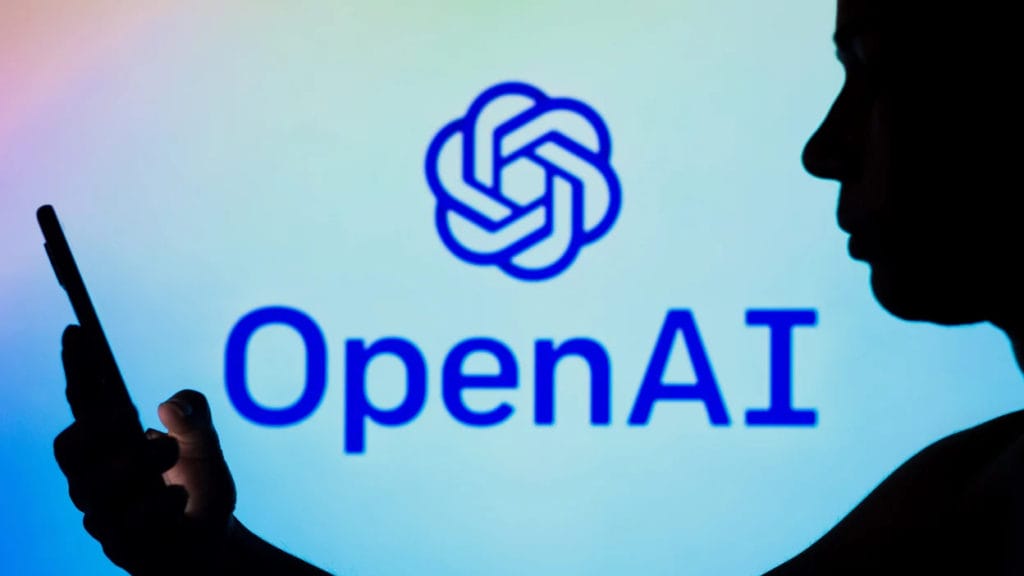
OpenAI is one of the world’s leading AI companies, known for creating products that provide service to the daily needs of millions. Among its cutting-edge offerings, “ChatGPT” has gained over 100 million users within two months of its launch. Numerous developers find value in OpenAI’s API key, utilizing it to construct engaging projects using GPT-4, GPT-4 Vision, DallE-3, and various other capabilities. This versatile toolkit allows for the creation of interesting projects and applications, tapping into a range of features. The OpenAI API empowers developers to harness these capabilities, enabling the development of innovative applications across diverse sectors, spanning education, content creation, design, accessibility, and scientific research. In essence, this robust platform sets the stage for a future where AI empowers developers to drive transformative change across the globe. One of the best examples of such products is Copy.ai, which is used by millions and backed by the GPT-4 through its API.
Also Read- 15 Best AI Movies You Must Watch
7. Imagga AI
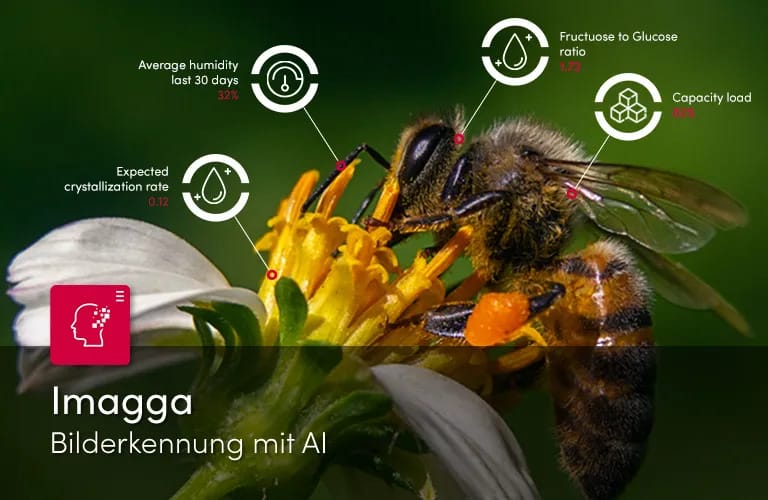
Imagga is great for app managers wanting cool features like image search or face recognition. You can use Imagga’s smart tech or teach it with your own pictures. Their tool helps with image search, face recognition, and more for different types of pictures. It’s handy for different apps, like in banking for checking IDs and sorting financial papers or in retail for finding products by color. It’s also useful in real estate for sorting property pictures and finding images, in IoT for recognizing things around, and in advertising for helping users find stuff in ads. Prices depend on how much you use it, starting at $349/month for face recognition with 300,000 uses, and they offer custom plans and a free version for testing.
Also Read- 5 Best Virtual Phone Systems for Small Businesses
8. Stable Diffusion
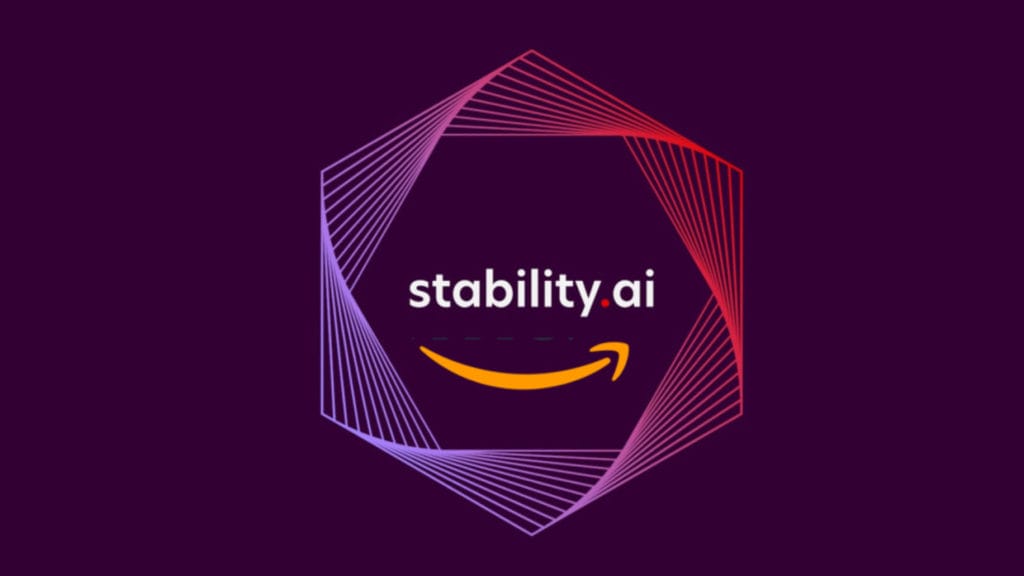
Stable Diffusion is a text-to-image-generation tool. It can generate visually appealing images with just a simple prompt. Stable Diffusion API empowers developers to integrate image-to-image, image-to-video, and inpainting to their own applications. It has more than 100 pre-trained models that can generate a variety of images according to the user’s demand. You can also get APIs related to Text to 3d images, Voice Cloning, Interior Design API, etc. Stable Diffusion API: Your One-Stop Shop for AI-Generated Content. Whether you’re building a mobile or web app, enhancing existing software, or venturing into new AI territory, Stable Diffusion API provides the tools and resources to unlock the potential of AI-driven image generation. Regarding pricing, it depends upon the times you call the APIs. Stable Diffusion has three plans: the basic one, which starts from $29/month, and the premium one, which costs $149/month.
Also Read- Best AI Tools for Students
9. Wit.ai

Wit.ai stands out as an AI platform excelling in both speech and text processing. While it shares similarities with other NLP and text analysis services, Wit.ai distinguishes itself in several ways. It’s open source, allowing users to learn from its technology or host it on their infrastructure. Unlike a mere code repository, Wit.ai offers a functional API service accessible to anyone for free without any pricing plans. Designed for extensibility, its core purpose revolves around assisting users in creating, training, testing, and implementing machine learning models. Wit.ai acts as an intermediary between users and devices, analyzing messages, generating metadata, and facilitating seamless interactions.
Also read- Best AI Tools for Sales
10. Leonardo

Leonardo is also a text-to-image generation AI tool similar to Stable Diffusion but with a lot of advanced features. Leonardo has a lot of models that can generate different types of images, with advanced features like tone selection, prompt generation, etc., that can generate eye-catching images. To integrate the Leonardo AI features into your code, you need to subscribe to the API plan, which costs $9/month to $299/month. You can also get a tailored plan according to your needs and demands; plus, the customer support team is always ready to solve any query related to API integration.
Also Read- 10 Ways to Earn Money Using AI
11. Lovo
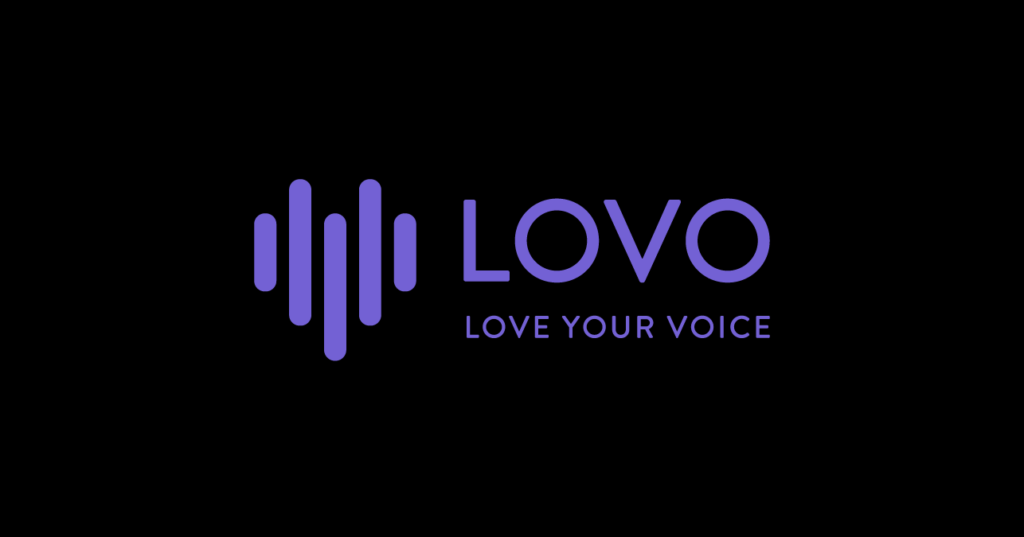
Genny.ai API by Lovo equips developers with the tools to seamlessly integrate speech recognition and text-to-speech capabilities into their applications. This powerful API opens up a world of possibilities, allowing developers to build voice-enabled chatbots, virtual assistants, interactive learning platforms, and more. With features like real-time transcription, robust language models, and customizable voices, Genny.ai empowers developers to create engaging and user-friendly applications that leverage the power of speech technology.
Also read- Best GPT-4 Plugins: Use ChatGPT like a pro
Best AI APIs – Conclusion
Today developers have an incredible range of options when it comes to leveraging artificial intelligence within their applications using robust and cutting-edge API platforms. From established tech giants like Google, Microsoft, and Amazon to pioneering companies focused squarely on AI, such as OpenAI and Stable Diffusion, the possibilities are endless. While factors like existing tech stack integrations, specific functionality requirements, and pricing models play a role, it’s clear there are stellar API services available to meet an array of needs. As AI continues its ascent, having access to its strengths through developer-friendly APIs may prove essential for building technology.

